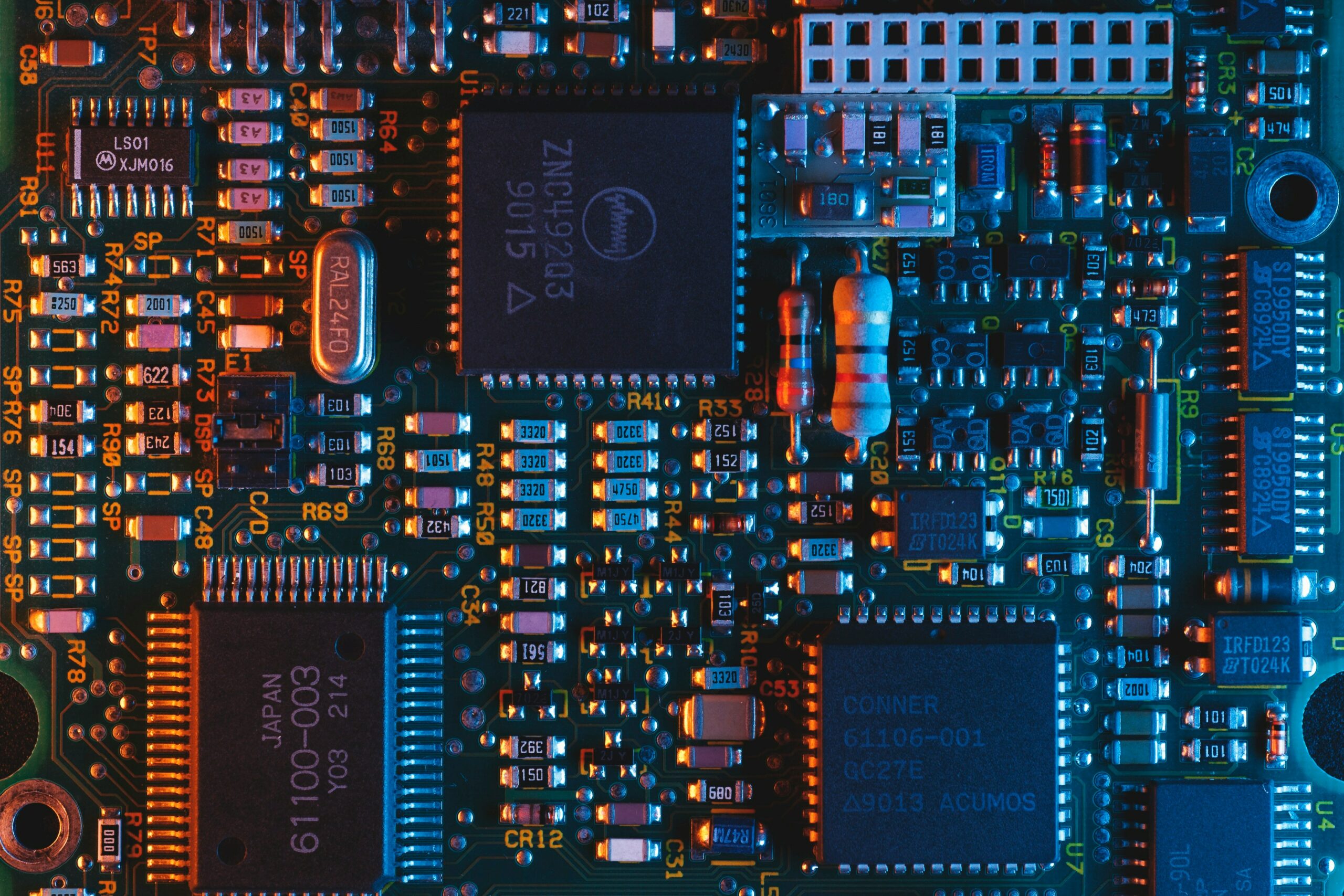Quantum computers harness the properties of quantum-sized particles to perform calculations. The field is exciting – high school, undergraduate, and graduate students explore the impacts quantum computing may have on society right alongside industry researchers. This is largely enabled by access to this quantum hardware via the cloud.
Why Cloud Access?
The equipment needed to store – and run – a quantum computer is nowhere near ready to be fitted into your typical basement or laptop. For one, controlling the quantum bits (or qubits) relies on microwaves. As such, heat or external electromagnetic waves will introduce noisy data to the quantum computer’s results, and most quantum computers are prepared to run computations in exceedingly low temperature-environments. These low temperatures are much colder than is achievable in the standard bedroom or classroom and require special hardware and technical expertise to maintain.
As such, cloud access will let people who are quite far from these facilities to remotely submit and run computations on the hardware.
Leading Quantum Cloud Platforms
Several companies dominate cloud access to quantum computers. Numerous researchers, institutions, and companies partner with quantum cloud access providers on projects that require their services.
IBM Quantum Experience
IBM’s quantum cloud platform is perhaps one of the most well-known platforms. Their IBM Quantum Platform supports a full set of tools and resources that are comprehensive for even the most novice of quantum computing beginners.
Through the platform and Qiskit, an open-source quantum computing framework based on Python, users have access to real quantum hardware and quantum simulators (which mimic the behaviors of quantum computers but can be run on regular computers). This allows users to run quantum algorithms, explore their quantum educational resources, and get a start on quantum computing.
Microsoft Azure Quantum
Microsoft Azure is a broader cloud platform that provides a number of resources and APIs for users. Microsoft now steps into the realm of quantum computing with Azure Quantum. They provide access to quantum simulators, emulators, and hardware from various partners. Perhaps quite helpfully, they provide classical resources for user support (including Copilot to aid in coding and an in-browser application for running basic code).
Google Quantum AI
Google provides access to quantum processors via their Cirq platform, developed as a part of their Google Quantum AI initiative. Users may execute circuit-based quantum algorithms on these processors, with the end goal of defining more concrete examples of quantum advance. At the moment, the Google Quantum AI research and development is focused on quantum error correction, and they regularly update the public on their progress.
Amazon Braket
Amazon Braket is yet another cloud platform. Named after notation commonly used in quantum computing, , the platform provides fully managed services that enables researchers and developers to explore various quantum algorithms on hardware. They are able to support multiple languages and frameworks. This proves useful for users with different preferences.
D-Wave Leap
D-Wave is known for their work in quantum annealers. Their Leap IDE and quantum cloud service provide real-time access to their quantum hardware and quantum hybrid solver service. This is commonly used in optimization problems, which are relevant in anywhere from industrial engineering to computational chemistry.
Conclusion
As quantum computing continues to evolve, the ability to access and run quantum algorithms through the cloud is invaluable. It opens the door for anyone – ranging from students to researchers – to explore the possibilities of quantum software.
With these cloud platforms, the future of quantum computing is more accessible than ever – and definitely worth diving into. Start exploring!







